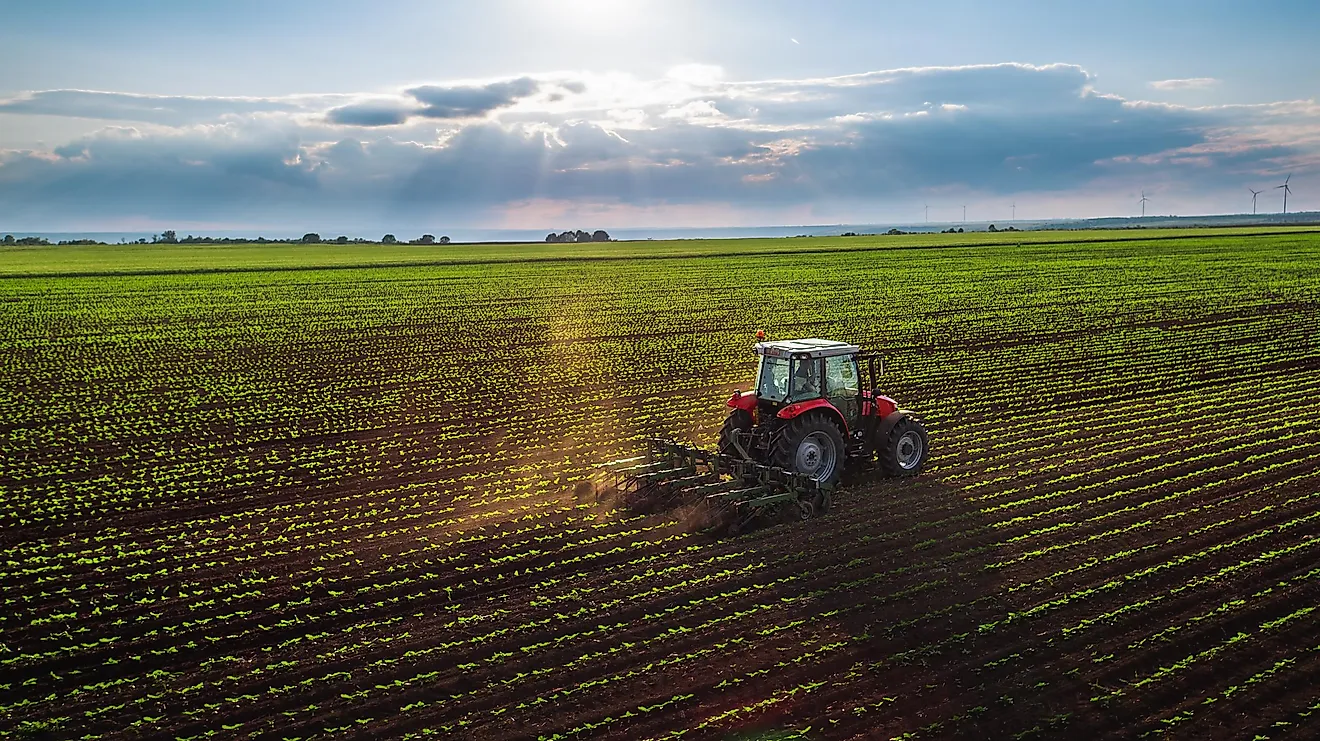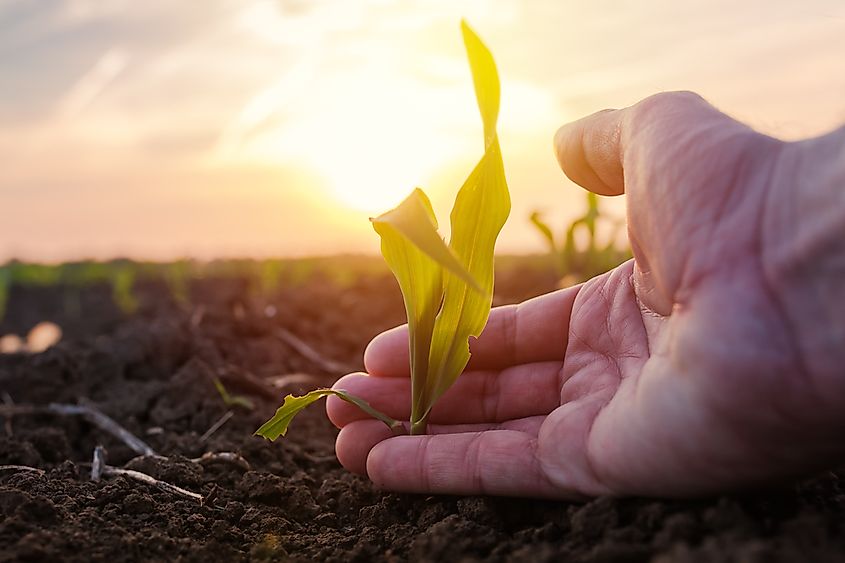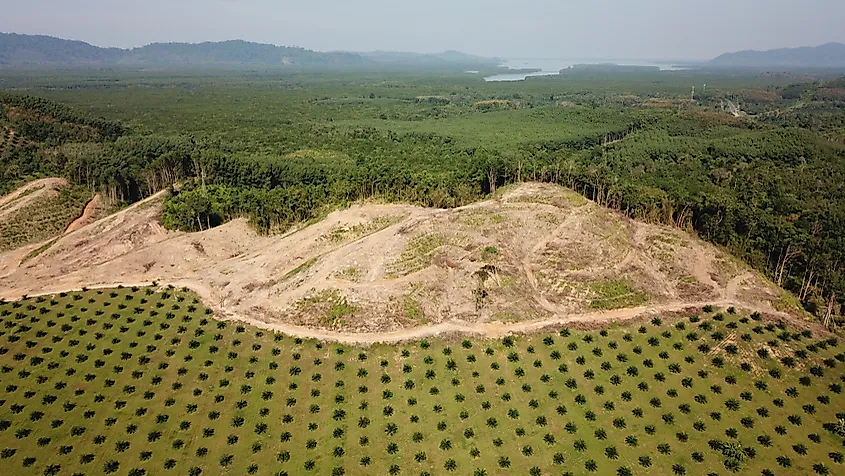What Is The Environmental Impact Of Agriculture?

- This environmental impact of agriculture is the effect of various farming practices, and it can vary greatly depending on the country we are looking at.
- Many critical environmental issues are tied to agriculture, such as climate change, dead zones, genetic engineering, pollutants, deforestation, soil degradation, waste, and many others.
- Deforestation is a big side effect of agriculture that greatly impacts our planet and the environment. It is defined as the clearing of the forests on our planet on a larger scale, and it causes land damage across the world.
- Irrigation, the process of applying controlled amounts of water to plants, can also create various problems for the environment. It can lead to the depletion of underground layers of water that are crucial for the environment.
Agriculture can have a massive impact on the ecosystems surrounding it. This environmental impact of agriculture is the effect of various farming practices, and it can vary greatly depending on the country we are looking at. However, more often than not, the impact is negative. It also largely depends on the type of practices in agriculture that are used in various parts of the world.
Many climate variables can also influence the impact of agriculture on the environment. This includes temperature and rainfall. Naturally, the type of machinery used also plays a major role, as do the ways of handling livestock. Many critical environmental issues are tied to agriculture, such as climate change, dead zones, genetic engineering, pollutants, deforestation, soil degradation, waste, and many others.
We usually divide the indicators of the environmental impact of agriculture into two types. The means-based type refers to the methods the farmers use in production, and the effect based types refer to the impact of farming methods on the farming system and the emissions on the environment. There are many ways in which agriculture can negatively impact the environment, but one of the most common ones is through climate change.
The Effect On Climate Change
Climate change is closely related to agriculture. Both of these processes take place globally, and while climate change does affect agriculture negatively, through higher temperatures and carbon dioxide levels, it is much more interesting to take a look at how agriculture affects climate change. This mostly happens through the release of greenhouse gases. These gases have a negative effect on climate change and include carbon dioxide and nitrous oxide.

Various types of agriculture also use fertilization and pesticides, which releases phosphorus and nitrate in the air, among other things. This can affect the quality of soil, air, and water. It can also impact the biodiversity of our planet and make changes in the land cover. What this means is that the ability of the Earth to either absorb or reflect light and heat can change drastically. This leads to radiative forcing, which is the difference between the absorbed sunlight and the reflected energy.
Agriculture can also cause deforestation, which also influences climate change. Farmers often use fossil fuels, which is another thing that factors into the emissions of carbon dioxide. The usage of livestock emits methane, which also has a negative impact. We can see that agriculture is closely related to climate change and that certain methods in it need to be changed to ensure a future for all of us.
Other Ways The Environment Is Impacted
Deforestation is a big side effect of agriculture that greatly impacts our planet and the environment. It is defined as the clearing of the forests on our planet on a larger scale, and it causes land damage across the world. Farmers often cause deforestation by clearing land for their crops. Most of the deforestation happens because of slash-and-burn farming. As the name implies, this method includes the cutting and burning of plants in order to create land suitable for farming.

Other things that cause deforestation include palm oil plantations, cattle ranching, and heavy logging. Because of deforestation, many animal species lose their habitat, and as previously mentioned, it leads to climate change.
Climate change and deforestation are the two biggest and most important ways through which agriculture impacts our environment. However, several others might not work on such a large scale but are still important. Irrigation, the process of applying controlled amounts of water to plants, can also create various problems for the environment. It can lead to the depletion of underground layers of water that are crucial for the environment. It can also over water the soil, which leads to specific problems as well.
Pollutants such as pesticides are also a major part of agriculture that negatively impacts the environment. It is self-explanatory; these products are chemicals that can have a long-lasting effect on soil and plants if used continuously. Soil can get contaminated, air can get polluted, and residues of these pollutants can appear in food. Other ways agriculture can impact the environment include waste and soil degradation. Both are unavoidable byproducts of agriculture as we know it today.











